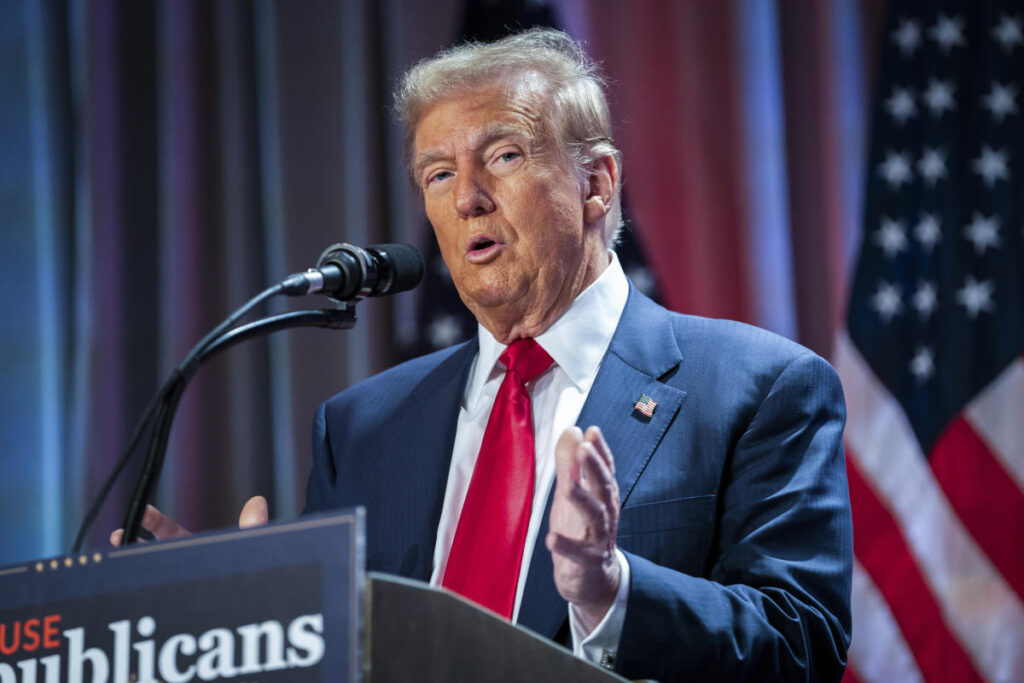President-elect Trump Appoints Warren Stephens as U.S. Ambassador to Britain
In a significant political move, President-elect Donald Trump has announced the appointment of Warren Stephens, a billionaire investment banker, as the U.S. ambassador to Britain, formally referred to as the ambassador to the Court of St. James. This prestigious role, which requires Senate confirmation, is particularly noteworthy given Stephens’ connections as a substantial Republican donor, having contributed $2 million to a super PAC supporting Trump during the election cycle. This selection marks a continuation of Trump’s strategy to nominate prominent figures from his inner circle and loyalist supporters to key diplomatic positions.
Warren Stephens, who serves as the chairman, president, and CEO of Little Rock, Arkansas-based Stephens Inc., has a long history of involvement in the financial sector, having taken the helm of the family-owned firm from his father. His selection reflects Trump’s affinity for individuals who not only have extensive professional backgrounds but also share a commitment to the Republican Party’s goals and values. In his announcement via Truth Social, Trump expressed enthusiasm for Stephens’ appointment, emphasizing the businessman’s aspiration to serve the United States in a full-time capacity.
As Trump continues to build his administration, his choices for cabinet and diplomatic positions predominantly feature staunch loyalists, showcasing his preference for allies who have consistently supported his political agenda. This approach mirrors his previous presidency, where appointments were often drawn from a circle of supporters and contributors who had demonstrated their commitment to his vision for the country. Alongside Stephens, Trump also highlighted Charles Kushner, a real estate developer and the father of his son-in-law Jared Kushner, whom he intends to nominate as ambassador to France.
The appointment of ambassadors to key countries is a crucial component of U.S. foreign relations, particularly with allies such as the United Kingdom. During his first term, Trump appointed Robert "Woody" Johnson, a significant contributor to his campaign and owner of the New York Jets, as the representative to the UK. This trend of selecting financial and political allies for ambassadorial roles raises questions about the influence of campaign contributions on diplomatic appointments and the nature of political favor within the administration.
The confirmation process for Stephens will require careful consideration by the Senate, which will evaluate his qualifications and potential impact on U.S.-UK relations. The appointment is not merely a ceremonial role but carries significant responsibilities in fostering diplomatic relations, addressing trade issues, and collaborating on international policies between the two nations. Given the historical significance of the U.S.-UK alliance, the choice of ambassador can set the tone for future interactions and highlight the priorities of the incoming administration.
Overall, Trump’s nomination of Warren Stephens is emblematic of his broader strategy to appoint trusted allies to pivotal roles, thereby solidifying his influence within the Republican Party and ensuring that his administration reflects his values and objectives. As the Senate prepares for the confirmation hearing, the implications of these appointments will unfold, shaping the trajectory of U.S. foreign policy in the years to come.

